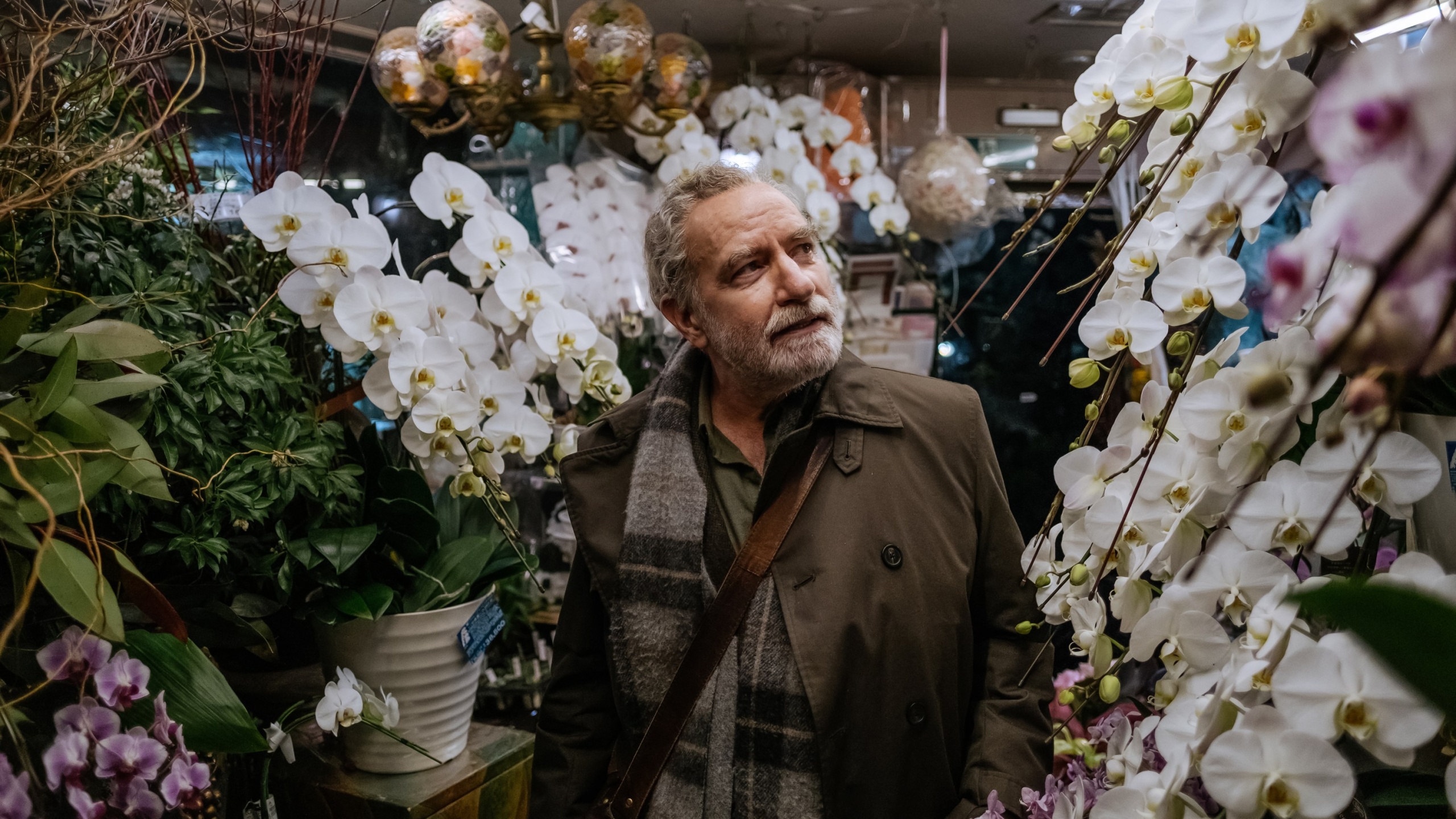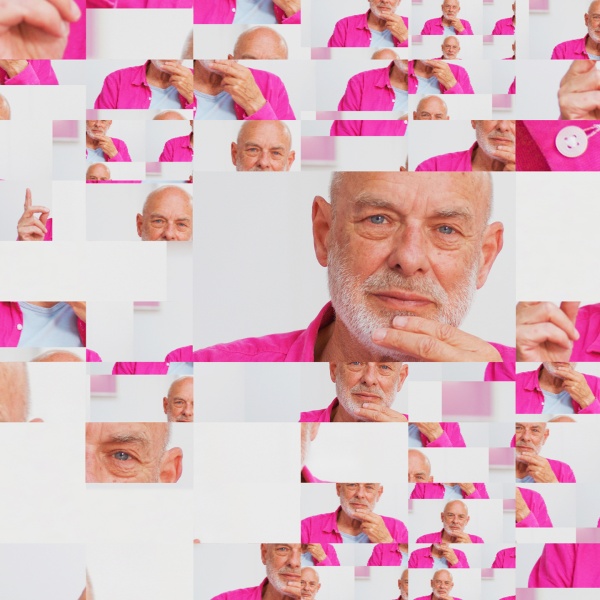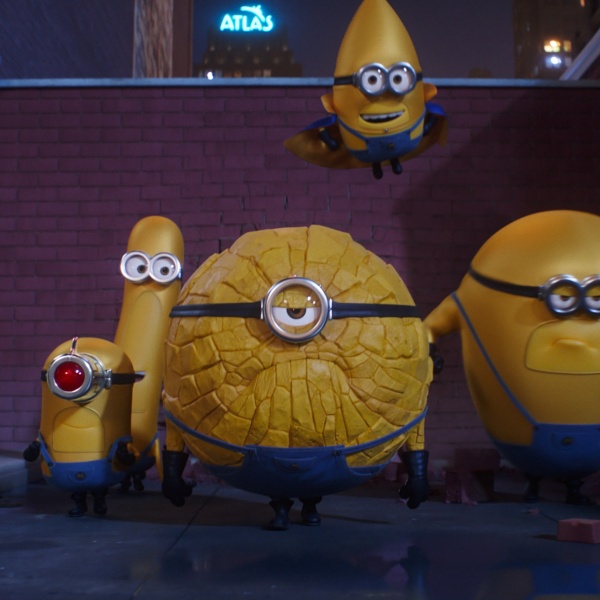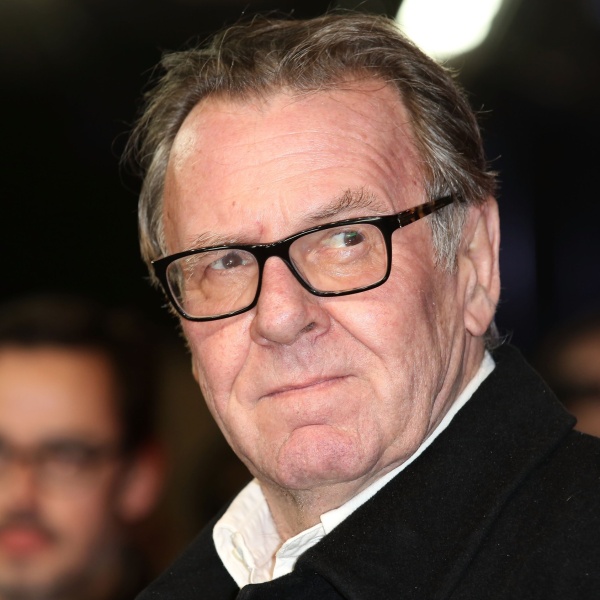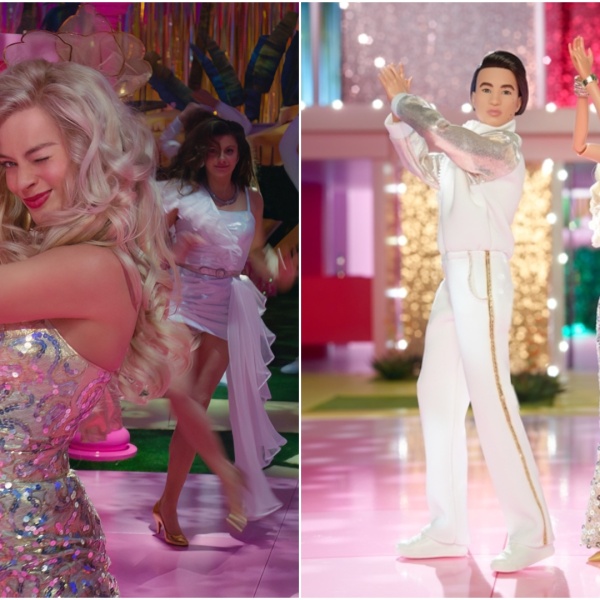
Even with the benefit of hindsight, it can still be difficult to fathom what the historical fulcrum February and March 2020 represented. A paradoxical time when normal life continued largely unbothered while mutterings of a new disease called “coronavirus” gradually crescendoed before turning into an overnight roar. When our biggest concerns were delayed NBA games and Tom Hanks’ inability to finish “Elvis,” it was unthinkable that humanity was on the brink of a pandemic that took seven million lives and shattered many of the social norms upholding the polite society that we had long taken for granted. Most of us had no idea what was coming, so we wore our masks on half-empty flights while the world quietly prepared to shut down around us.
It’s against this backdrop of uncertainty that Kristofer (Egill Ólafsson), an aging Icelandic widower in Baltasar Kormákur’s “Touch,” gets the news that nobody ever wants. While his dementia is still in the early stages, a doctor makes it abundantly clear that he’s down to the last few grains of sand in his hourglass. With his mental faculties set to plummet in the coming months, he’s advised to settle any unfinished business or looming presidential campaigns and find a way to make peace with the life that he’s lived. Sensing that his world is about to shut down in more ways than one, Kristofer ignores his stepdaughter’s pleas to shelter in place and heads to London for a final trip down memory lane.
The rest of the film unfolds in a bifurcated fashion, cutting between the elderly Kristofer’s journey and flashbacks to his youth. The young Kristofer (Pálmi Kormákur) was once a student at the London School of Economics, but gradually found that his radical Marxist views were incompatible with attending an elite business institution. While his leftist friends were content to complain about worker exploitation from the comfort of pubs and libraries ahead of lucrative careers, Kristofer makes the spontaneous decision to drop out of school and take a job as a dishwasher in a Japanese restaurant. He gradually immerses himself in Japanese culture and falls in love with the owner’s daughter, Miko (Kōki Kimura), finding a kinship with his new chosen family that his old social circles never offered him. But when the family closes the restaurant and abandons him without warning, he’s devastated beyond recovery.
The lack of closure leaves a void in Kristofer’s heart that his subsequent marriage in Iceland never quite fills, leading him to retrace his steps in a scavenger hunt to find the love of his life one last time. The Japanese restaurant has since turned into a tattoo parlor, but a search through the city’s records eventually produces a forwarding address for Miko in Japan. As global society continues to constrict, he hops one of the last flights to Tokyo with the hope of scoring a final glance at the life that slipped through his fingers.
It isn’t hard to see why there wasn’t an immediate influx of great movies about the COVID-19 pandemic. An era defined by inactivity and staring at screens hardly lends itself to the art of moving images, and neither artists nor audiences are far enough removed to truly study it with detachment. But Kormákur beautifully uses the era to his advantage in “Touch.” Watching Kristofer wander through a rapidly emptying world adds to the sensation that his memories are disappearing in real time. The vacant streets of London and Tokyo could just as easily be the corners of his own mind that he’s avoided visiting for decades. The dramatic irony that naturally comes from having lived through the pandemic makes it impossible not to root for this man to end his story on his own terms.
Much of the film’s beauty lies in the wholesomeness of Kristofer as a character. Even as a dying man whose life didn’t go according to plan, he’s driven not by bitterness or regret, but a simple desire to find the woman he never stopped loving. The cruelty of nature might have turned him into the ultimate unreliable narrator, but Ólafsson embodies the character with so much empathy and curiosity that it’s easy to get wrapped up in the narrative tapestry he weaves from the fragments of his own memories. The result is a film whose elegance is all the more staggering because it came from the man who directed “2 Guns” and “Beast.”
Spanning 50 years and multiple continents without ever shifting its focus from the universal human urge to ponder what could have been, “Touch” is an ode to accepting your life story without losing sleep over the things you couldn’t change. Even if Kristofer and Miko were victims of circumstances beyond their control, sometimes it’s all you can do to pick up a pen and write the last sentence yourself.
Grade: A-
A Focus Features release, “Touch” opens in theaters on Friday, July
